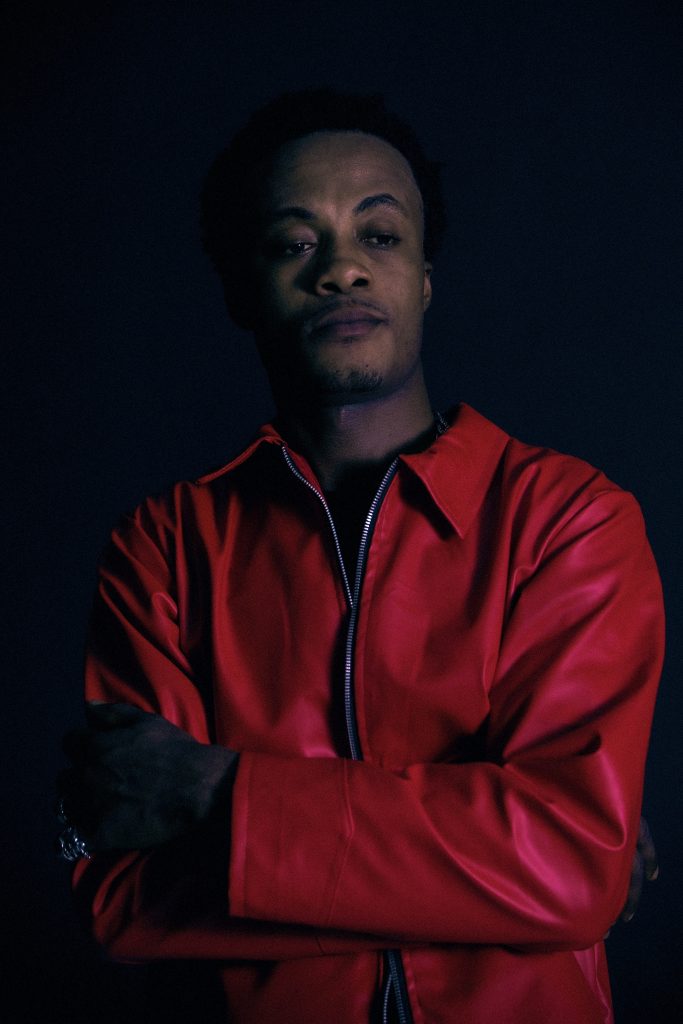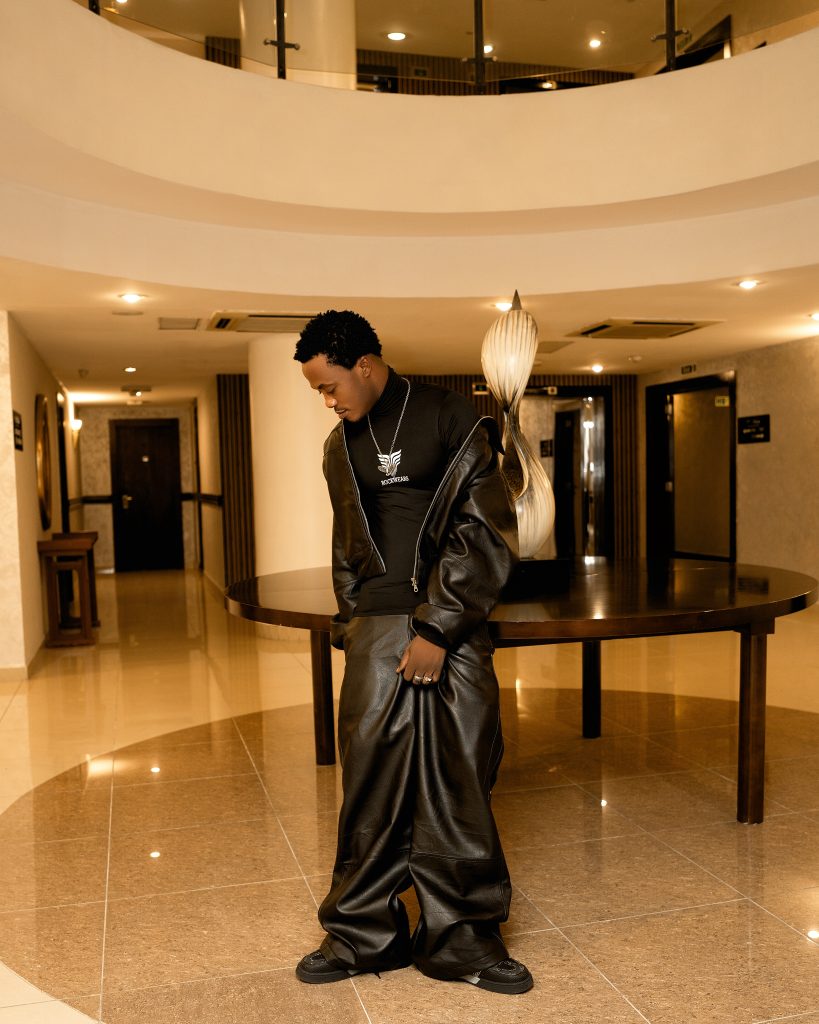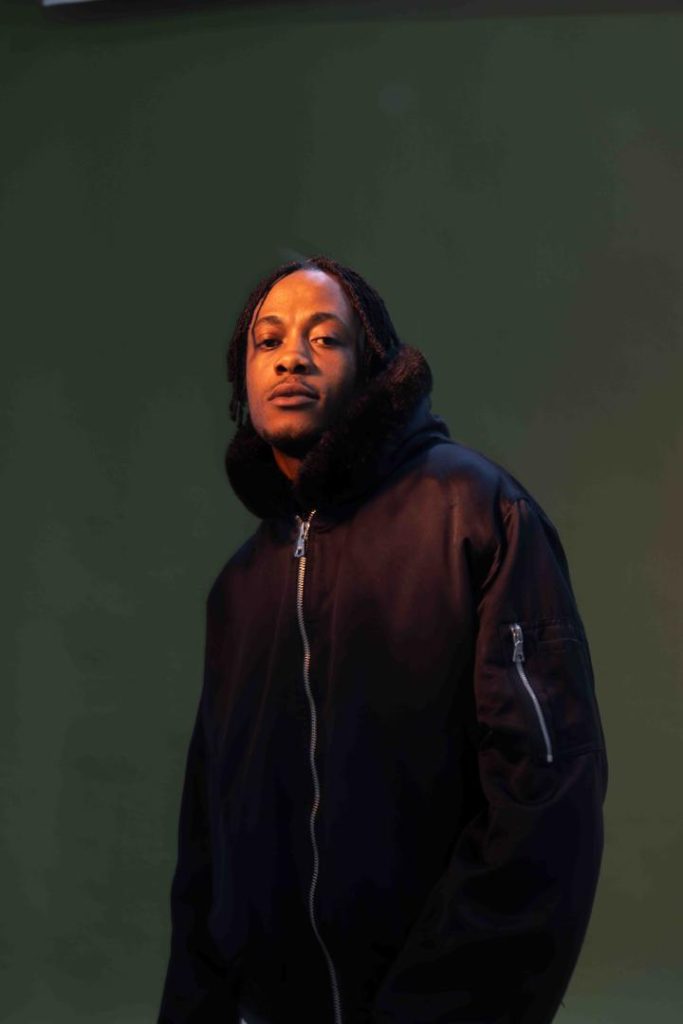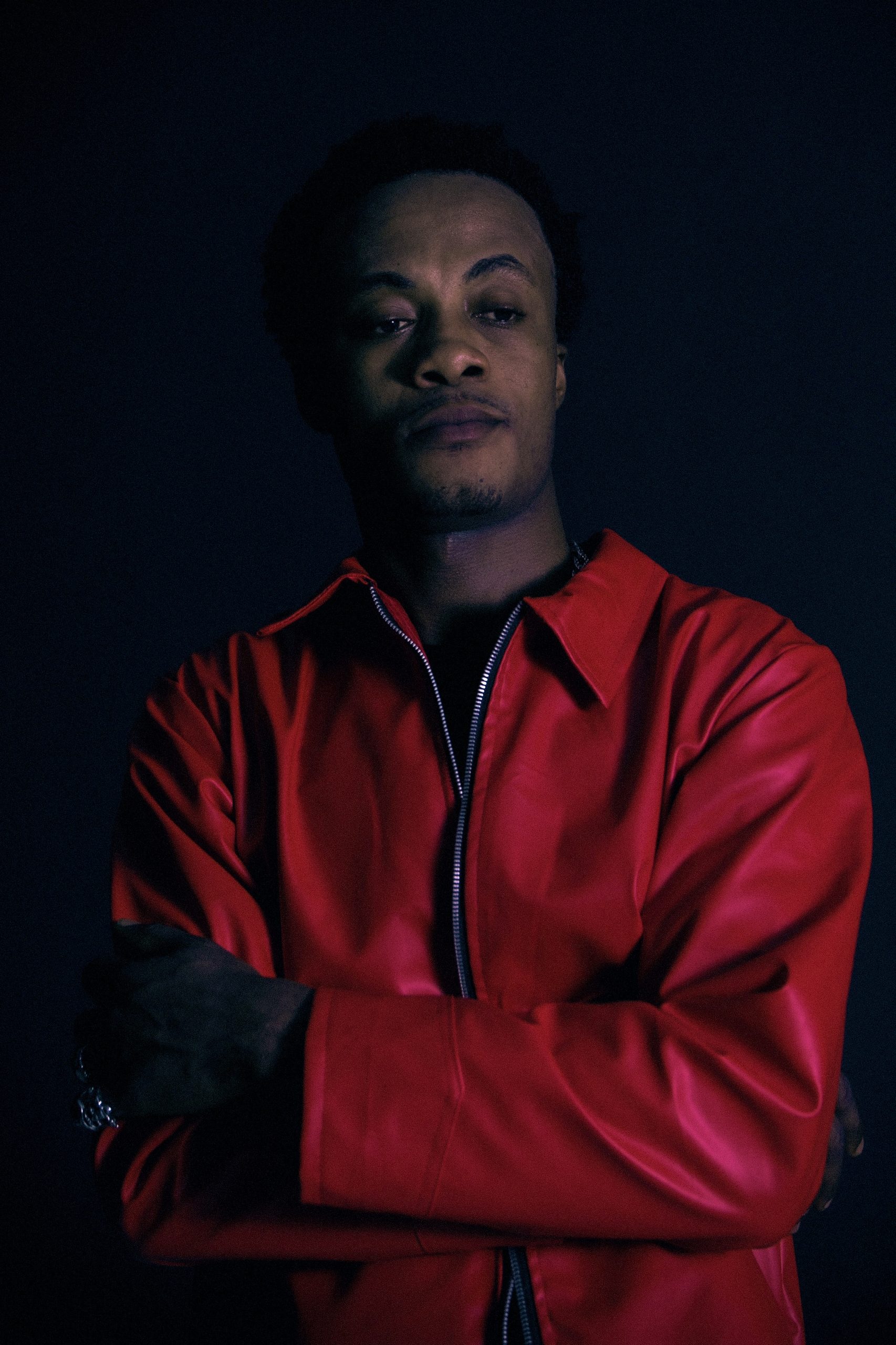In Nigeria right now, there’s a beautiful blossoming of creativity. The music scene is alive with brilliant musicians, all reaching for the same light. It takes a certain kind of motion to stay visible in that kind of world, to keep creating until you finally collide with who you are meant to be.
This isn’t about what I think, or maybe it is. After all, Cazulee seems like an embodiment of these thoughts. How does someone go from being a server, barely affording studio sessions, to charting with an EP that feels like both grit and grace, a testimony and a reminder that sometimes the hustle and the hope are the same thing?

The short answer is that persistence is little about enduring and more about faith in your endurance. It’s firmly finding your authentic voice and pushing relentlessly and defiantly against your limitations. Only then do great things happen. And it’s true.
Signed to Dapper Music and Entertainment, Cazulee represents that intentional force moving through today’s scene, a voice shaped by struggle, faith, and the streets that raised him. We spoke about his beginnings, his new project Hustle Mode, Boss Mode, and what it means to keep believing when the odds don’t.
SB: What’s the story behind your artist’s name, Cazulee?
CAZULEE: Cazulee is half of my surname and half of my dad’s nickname. “Cazu” is from my dad’s name, and “Lee” is from his nickname. I chose it to carry on his legacy—to continue where he stopped.
SB: Where did you grow up?
CAZULEE: I grew up in Ikorodu. My environment was very supportive. My friends always hyped me up whenever I did freestyles, and they’d post me online. They made me believe in myself.
SB: What music did you listen to growing up?
CAZULEE: I listened to artists like Saheed Osupa and Sunny Ade, mostly local music. I was also a choir boy, so I enjoyed anything musical. But those local artists were my favorites.

SB: When did you first record in a studio?
CAZULEE: My first studio song was around 2020 or 2021. I had just moved to the Island and asked a friend to take me to the studio. I used my salary to record, and the friend who took me even did backup vocals for the track.
SB: What was your first experience sharing your music like?
CAZULEE: After recording, I’d play my songs for everyone, friends, even celebrities. I hadn’t uploaded anything online yet, but people would tell me, “God, this is actually mad,” and that encouragement made me keep going.
SB: Tell me about your EP, Hustle Mode, Boss Mode.
CAZULEE: It represents my journey from grass to grace. It shows my growth as an artist and my commitment to giving the streets what they want.
SB: Was that what inspired you to split it into two discs?
CAZULEE: Yeah. The two discs represent different sides of my musical growth, with songs like “Hallelujah,” “Tomisana,” and Hustle Mode, Boss Mode. You go from songs of prayer to me stepping into the reality of my hustle paying off. Different moods, different emotions—but all mine.
SB: What obstacles did you face in your music career?
CAZULEE: Financial ones, mostly. I started from the streets with no support—no one backing me except one of my brothers. It was hard, but I’m grateful I made it this far.
SB: What’s your creative process like?
CAZULEE: I usually write my songs myself. Even without hearing a beat, I can just be there and start singing. My music isn’t just about wanting to sing—if I see a beat, my bro, I flow, I float where it comes. But normally, when I want to write, it’s not about saying, “Oh, I want to make Afro-Adura,” or this or that. I just write what comes to my head, what I’m going through. Everything that comes to me, I write. And trust me, whenever I write them down, it’s always a banger.
SB: Who are your dream collaborations?
CAZULEE: There are a lot of artists I’d love to work with for example Blaqbonez. I’m hoping these dreams come true in the future.
SB: What makes Cazulee happy outside music?
CAZULEE: I’ve got a few people that really make me happy. I don’t like to “waka waka,” but when I’m with my friends, bro, na showdown. We just vibe, listen to music, swim, and enjoy ourselves. Apart from music, that’s what makes me happy.
SB: How much would you say your life has changed since the EP? Does this feel like success to you?

CAZULEE: Like I said, I get people texting me, telling me how much my music means to them. I used to beg people to listen to my songs—I’d send the link to everyone on my contact list, one by one, from WhatsApp. I was that person praying to get 1,000 followers. Now, I have hundreds of thousands of people following and listening to me every month. That’s something to be grateful for. For me, this is success.
SB: You’re a very stylish artist. Do you think fashion is a big part of your brand?
CAZULEE: Yeah, yeah. I like to dress, I like to look nice, anytime, every time, even when I’m at home. That’s just me, even without being an artist. I like to look good, even when we dey wear “okrika.”
SB: What do you hope your music represents in five years?
CAZULEE: I want my music to continue my journey even when I’m not here anymore. I don’t want to be an artist who just comes and goes. I want my music to speak for me and stay relevant for the next generation.
SB: Final question, what advice would you give to anyone trying to get into music or in the position you once were?
CAZULEE: My first advice to everybody is: don’t neglect God. That’s very important in anything you do. Don’t put God as your second plan, put Him first. Keep praying, work hard, and believe in what you do. It will happen.
What stands out about Cazulee isn’t just the music. It’s the way he carries his story, the same way he carries his sound, honest, unpolished, and full of heart. He speaks like someone who has already lived through the fall and the rise, who knows that grace and grit can exist in the same breath.
Maybe that’s the real lesson in all of this. That success isn’t a single moment but a series of quiet refusals to stop. That faith, when held long enough, turns into rhythm. And that somewhere between the hustle and the hope, artists like Cazulee find their truth.

